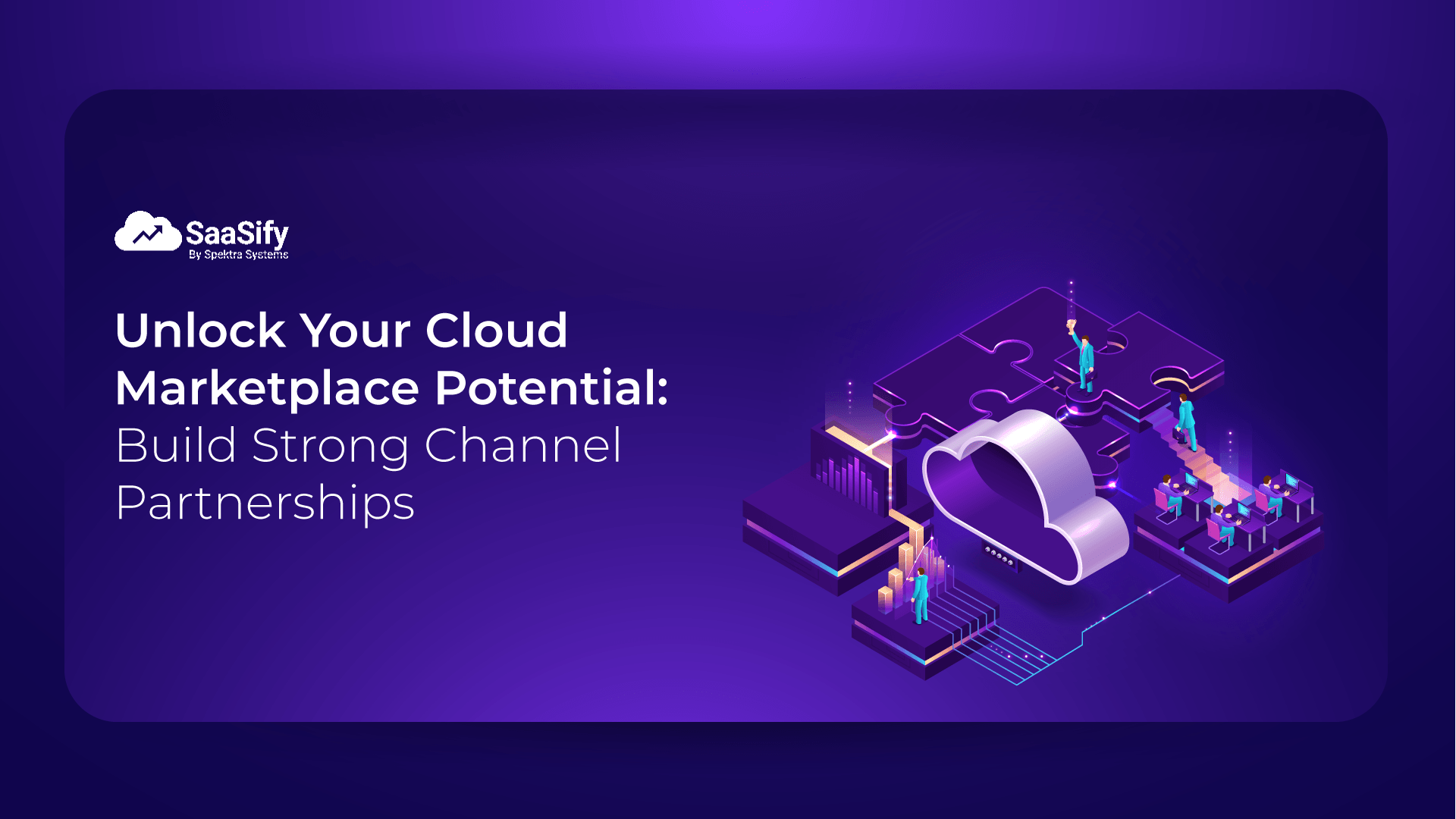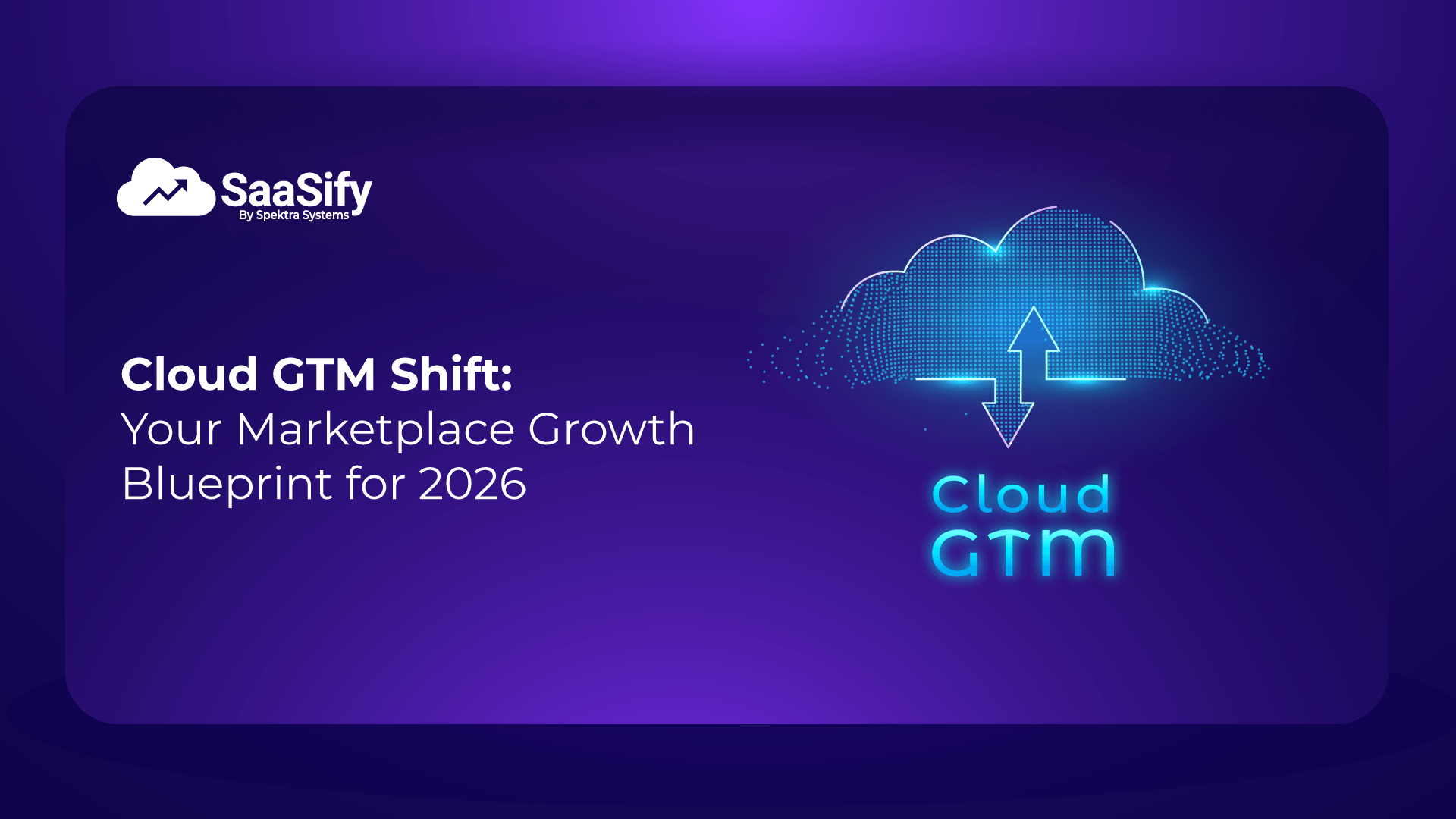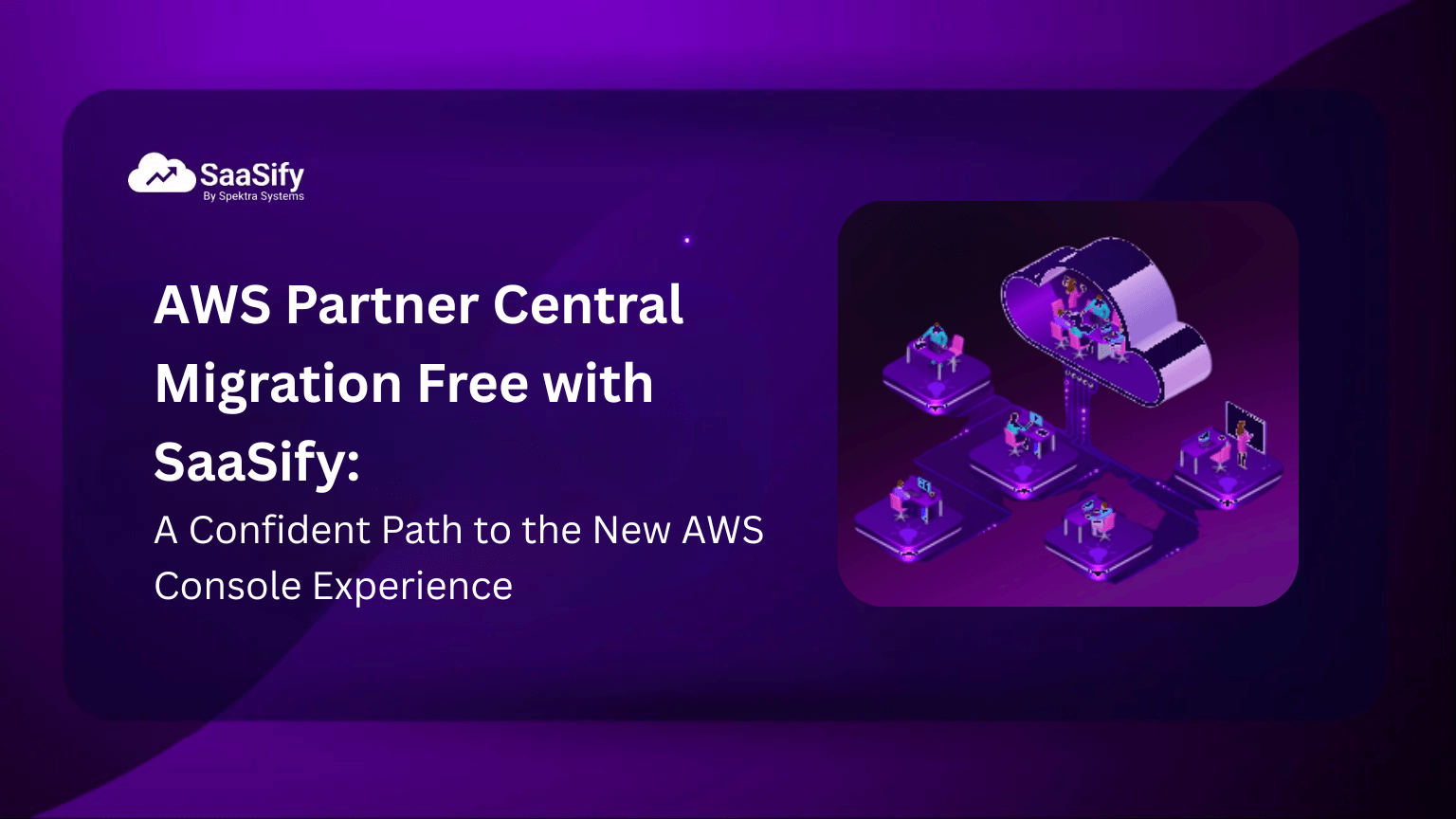Introduction
Cloud marketplace software sales are expected to surge to US$85 billion by 2028 from US$16 billion in 2023, with channel partners anticipated to account for 50% of these sales by 2027. This growth highlights the importance of channel partners in cloud marketplace selling. In fact, leading hyperscalers have launched tailored programs such as
AWS Channel Partner Private Offers, Microsoft Multiparty Private Offers, and Google Cloud’s Marketplace Channel Private Offers to support this ecosystem.Channel partners are becoming indispensable in cloud marketplace selling, serving as critical links between hyperscalers, ISVs, and customers to create a seamless software buying and selling experience. Their role is key to expanding cloud marketplace adoption, matching ISVs with the right customer segments, and fostering product fit. This article explores the importance of channel partners in cloud marketplace selling, best practices for ISVs to leverage these partnerships, and metrics for evaluating the ROI of engaging with channel partners.
Importance of Channel Partners in Cloud Marketplace Selling: Key Benefits
The importance of channel partners in cloud marketplace selling cannot be overstated, as they offer numerous advantages that drive success for ISVs and enhance the broader hyperscaler ecosystem. By partnering with channel partners, ISVs provide their solutions at discounted rates (often based on volume) and grant resale authority, empowering these partners to add a markup based on the extra services they provide. Here’s a closer look at the key benefits ISVs gain from cultivating strong channel partnerships:
- Expanding Reach into New Markets and Geographies
Channel partners are invaluable in helping ISVs expand their reach. Many ISVs operate within limited geographies or specific industries, often constrained by existing relationships. Through channel partnerships, ISVs can leverage the established networks and customer bases of their partners, broadening their market presence with minimal investment. For instance, while an ISV may lack experience in certain regions, a channel partner can bridge the gap, bringing pre-established trust and local market expertise. This local influence, combined with industry knowledge, allows ISVs to rapidly penetrate new markets with a solid support structure.
- Cost Savings and Access to Expert Sales Teams
Establishing a go-to-market strategy in new regions can be costly, with expenses related to recruitment and training specialized sales teams. Partnering with channel partners allows ISVs to bypass many of these costs while gaining access to trained, market-savvy sales forces. Instead of building new teams, ISVs can utilize the expertise of channel partners, enabling them to allocate resources to other crucial areas like product development. Additionally, established sales teams streamline customer onboarding, accelerating ISVs’ expansion efforts.
- Accelerating the Sales Cycle and Simplifying Procurement
The complexities of cloud marketplace selling can lead to prolonged sales cycles, especially for newer customers. Channel partners simplify this process, expediting revenue generation. Customers with established relationships with channel partners often experience a faster sales cycle due to the credibility that partners bring. With channel partners managing much of the due diligence and compliance required for procurement, customers encounter fewer obstacles in the purchasing process, allowing ISVs to focus on implementation and technical support.
- Delivering Specialized Product Customization and Added Value
Channel partners enhance the value of ISV offerings by facilitating product customization. Their deep understanding of customer challenges and technical requirements enables them to provide insights that allow ISVs to develop tailored solutions. Additionally, many channel partners offer supplementary services—such as technical support, training, and consulting—that elevate the ISV’s solutions. This comprehensive approach strengthens customer loyalty and drives repeat business, enabling ISVs to differentiate themselves in a competitive marketplace.
Best Practices for ISVs to Maximize Channel Partnerships
The importance of channel partners in cloud marketplace selling cannot be overstated; they provide ISVs with vital market access, allowing them to tap into established networks and leverage partner relationships to create trust with potential customers. However, realizing the full potential of these partnerships requires more than establishing initial agreements. ISVs must build deep, mutually beneficial relationships with each partner, ensuring that both parties derive substantial value. Below are key best practices that ISVs can adopt to maximize the importance of their channel partnerships in the cloud marketplace.
Develop Tailored Enablement Collaterals for Each Channel Partner
An essential aspect of maximizing the importance of channel partners in cloud marketplace selling lies in creating customized resources and enablement materials. Unlike generic collaterals, customized materials reflect how an ISV’s offering compliments the partner’s existing solutions and directly addresses their customer base’s unique needs. By providing tailored collaterals—such as case studies, product comparisons, and marketing guides—ISVs equip partners with the tools necessary to effectively communicate the value of their products to customers. Additionally, developing on-demand training resources empowers partners with a solid understanding of the ISV’s product, fostering stronger advocacy and more effective customer engagements.
Structure Win-Win Deals with Flexible Private Offer Terms
To foster productive channel partnerships, ISVs should focus on structuring win-win deals that include flexible private offer terms. This involves co-creating financial arrangements that are beneficial for both parties, encompassing aspects such as discounts, payment schedules, and conditions for revisions. By collaborating with partners to negotiate terms that deliver value to their customers while remaining financially viable for the ISV, both parties are more likely to commit to the partnership. A clear understanding of mutual goals helps to reinforce collaboration and encourages partners to advocate for the ISV’s solutions within their networks.
Automate Private Offer Creation to Streamline Efficiency
Managing private offers in channel partnerships can be complex and time-consuming. Many ISVs still rely on manual processes, which often involve toggling between CRM platforms and hyperscaler portals to set up each offer. By automating this process, ISVs can create private offers seamlessly and track all updates within the CRM. For example, with tools like SaaSify, ISVs can manage private offers directly within their CRM (e.g. Salesforce), saving time and reducing errors. ISVs can thereby allocate more time to relationship-building efforts that strengthen partnerships and drive results rather than focus on administrative tasks.
Actively Gather and Implement Feedback from Channel Partners
Incorporating feedback from channel partners is essential for refining product offerings and value propositions. ISVs should establish regular channels for communication to solicit input from partners regarding customer preferences, market dynamics, and emerging trends. By actively gathering and implementing this feedback, ISVs can adapt their products and strategies to better meet market demands. This collaborative approach strengthens the partnership, as it demonstrates an ISV’s commitment to understanding and supporting their partners’ success.
Identify Cross-Selling and Upselling Opportunities
ISVs should prioritize understanding their channel partners’ business models and customer landscapes to identify cross-selling and upselling opportunities. By engaging in discussions about their partners’ offerings, ISVs can pinpoint areas where their products can complement existing solutions. This strategic alignment fosters a collaborative mindset that encourages partners to promote the ISV’s offerings as valuable additions to their portfolios, thereby enhancing sales efforts and customer satisfaction.
How SaaSify Helps ISVs Unlock Channel Partner Potential
SaaSify understands the importance of channel partners in cloud marketplace selling and has launched several functionalities that can help ISVs unlock channel partner potential, including the ability to:
- Convert Salesforce opportunities into private offers for AWS marketplaces: This feature streamlines the process, enabling ISVs to turn potential leads into actionable offers quickly.
- Automate private offers for channel partners to scale marketplace sales with reduced overheads: By automating the creation of private offers, ISVs can scale their sales efforts while minimizing manual tasks.
- Get real-time visibility on the status of each opportunity and manage the entire lifecycle of cloud marketplace sales within Salesforce: This functionality allows ISVs to track their sales performance and optimize their strategies effectively.
In the rapidly evolving hyperscaler landscape, the importance of channel partners in cloud marketplace selling cannot be overlooked. As ISVs navigate this complex ecosystem, establishing robust partnerships with channel partners can significantly enhance their reach, accelerate sales cycles, and create tailored offerings that meet customer needs. By implementing best practices and leveraging tools like SaaSify, ISVs can unlock the full potential of their channel partnerships, positioning themselves for sustained growth and success in the booming cloud marketplace.


















